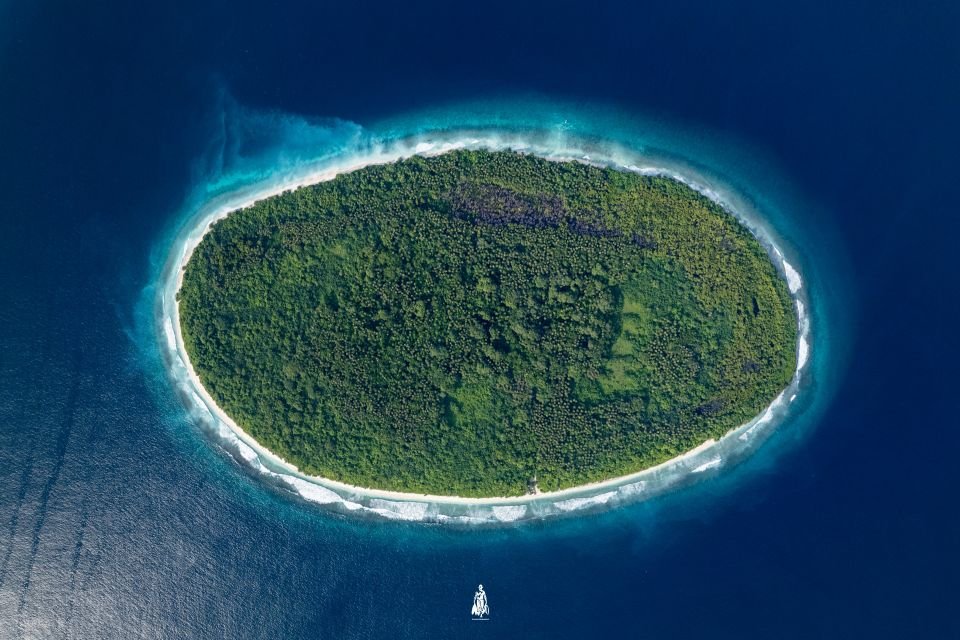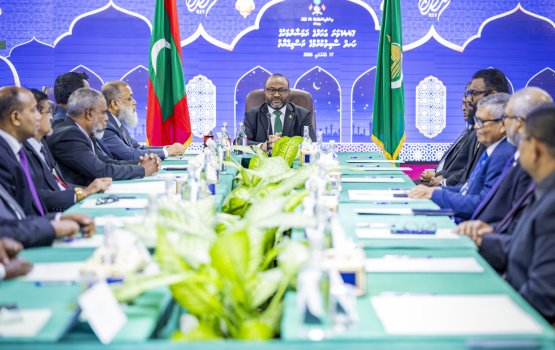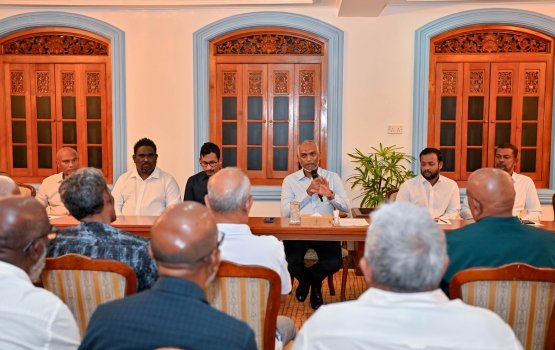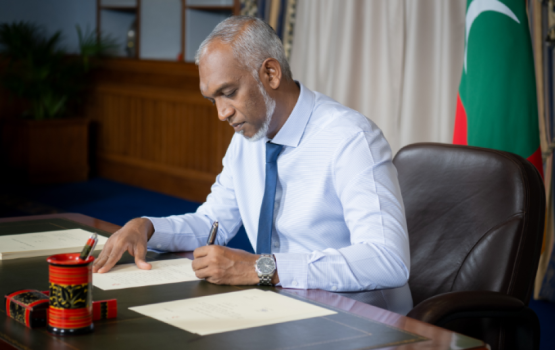Several Civil Society organizations have banded together to call on the government to halt its impending development project in Haa Dhaalu Keylakunu and declare it a nature reserve to protect the rare wild mangrove forest and limit human interaction.
In a joint statement, Transparency Maldives, Association for Democracy in the Maldives, Be Leaf, Save the Maldives, Zero Waste Maldives, and Eco Care Maldives said that they were deeply concerned by the decision made by the new Visitor Economy Council headed by President Dr. Mohamed Muizzu to develop a floating resort in the ecologically significant island of Keylakunu.
The statement said that the decision to add the island to a list of islands selected for bidding for tourism development in 2017 was met with pushback from civil society organizations and environmental advocates demanding that the significant natural heritage of the island be protected and declared a biosphere reserve.
It said that in December 2018, the Ministry of Environment declared the area as protected under the law.
The NGOs said that they are gravely concerned that consecutive governments are consistently encroaching on environmentally protected areas, which is decimating the living natural heritage and community livelihood resources of the Maldives.
They said that Keykulunu is one of the only islands in the Maldives that is home to forest-like features with an abundance of mangroves and the sole island ecosystem in the archipelago that harbors such an abundance of density.
It stated that back in 2001, the International Society for Mangrove Ecosystems recommended that the Maldivians make the island a biosphere reserve.
The NGOs explained that mangrove forests are effective at locking away amounts of 'Blue Carbon' and serve as an important ecosystem mechanism to address the climate crisis.
They said that not only do they stand against the development of Keykulunu as an ecotourism destination, but they urge the government to carry the same sentiments to recognize and address the looming threats that the development of tourism and tourist activities continue to impose on the country's ecosystems, including the recent impacts of sand mining, land reclamation, and tree grabbing.









